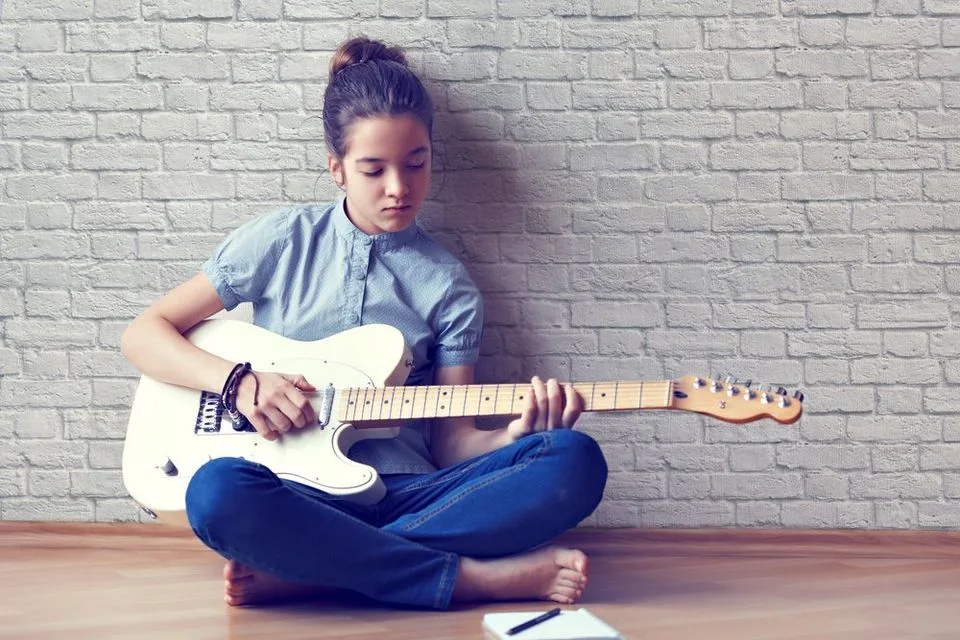Music: The Ultimate Medium for Emotional Expression

Music has long been a profound medium for expressing emotions. It transcends the limitations of language and allows individuals to convey their deepest feelings through melodies, harmonies, and rhythms. This article explores how music serves as a powerful outlet for emotional expression, delving into its impact on mental health, the role of different genres, and the personal stories of those who find solace in their musical creations.
Impact of Music on Mental Health
Music’s influence on mental health is well-documented. Listening to or creating music can significantly alter one’s emotional state, providing a therapeutic outlet for feelings that might otherwise remain unexpressed. Studies have shown that engaging with music can reduce symptoms of depression and anxiety, and even improve cognitive function. The act of playing an instrument or singing activates multiple areas of the brain, promoting a sense of well-being and emotional balance.
Moreover, music therapy is an established practice that uses musical interventions to achieve therapeutic goals. Whether it’s through guided listening sessions or active music-making, individuals can explore their emotions in a safe and structured environment. This therapeutic process can lead to increased self-awareness, emotional release, and personal growth, demonstrating music’s profound capacity to heal and transform.
The Role of Different Genres
Different genres of music evoke distinct emotional responses. Classical music, with its complex structures and harmonies, often brings about feelings of peace and introspection. Jazz, characterized by its improvisational nature, can express a wide range of emotions from joy to melancholy. Rock and pop music, with their powerful beats and relatable lyrics, often serve as a cathartic release for emotions such as anger, love, and rebellion.
Similarly, genres like blues and soul are deeply rooted in the expression of raw, often painful emotions. These genres have historically provided a voice for marginalized communities, allowing them to articulate their struggles and triumphs. The emotional depth of these genres resonates with listeners on a profound level, offering both solace and solidarity.
Personal Stories of Emotional Expression through Music
Many artists have shared how music has been their primary outlet for emotional expression. For instance, the legendary blues musician B.B. King often spoke about how his music allowed him to process and express the hardships of his life. Similarly, singer-songwriter Adele has captivated audiences worldwide by channeling her personal heartbreaks into her music, creating songs that are both deeply personal and universally relatable.

Music as a Universal Language
One of the most remarkable aspects of music is its universality. Regardless of cultural or linguistic differences, music has the power to convey emotions that are universally understood. This universal language connects people across the globe, fostering a sense of shared humanity and collective emotional experience.
Community music-making, such as choir singing or drumming circles, exemplifies how music can create a sense of belonging and mutual understanding. These communal activities not only enhance social bonds but also provide participants with an outlet to express their emotions in a supportive environment. The collective experience of making music can amplify the emotional impact, creating a powerful sense of unity and shared purpose.
Furthermore, the digital age has expanded the reach of music, allowing people to share their creations with a global audience. Platforms like YouTube and SoundCloud have democratized music production and distribution, giving voice to diverse expressions of emotion from around the world. This global exchange of musical ideas enriches the emotional tapestry of our interconnected society.
Music’s ability to express and evoke emotions is unparalleled. It serves as a powerful tool for personal reflection, emotional release, and social connection. Whether through the therapeutic benefits of music therapy, the emotional depth of various genres, or the personal stories of artists, music continues to be an essential aspect of the human experience. Its universal language bridges cultural divides and unites us in our shared emotional journeys, affirming music’s timeless role in our lives.
